Doc Says NO to Self-Administered HCG. Insurance says NO to Menopur and HCG
Sometimes it seems like the healthCARE industry is more like a healthWON'T industry. Why do we always have to color within their lines when everyone's situation is different? I don't get it.
If the insurance company wants me to NOT have to buy medication, why don't they let the doctor prescribe me something that could help me without causing me to be a lifelong dependent of a drug that THEY would have to pay for? Why not let me try Menopur, or HCG instead of only giving me one option: Testosterone?
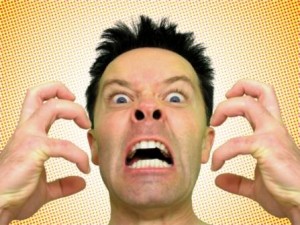 I decided at first to say F*&^ YOU to the insurance companies and just pay for HCG out of my own pocket. I've read a lot about using HCG for hormone replacement and I like the idea that I could stop at any time and still have working testes (providing I don't go higher than about 500 IU 3x per week, above which the leydig cells can become desensitized to FSH and LH). So I got the doctor to prescribe me HCG. First, he doesn't want to do less than 1,000 IU per injection, and no less than 3 injections per week. Good grief. Did you read the part in the parentheses?
I decided at first to say F*&^ YOU to the insurance companies and just pay for HCG out of my own pocket. I've read a lot about using HCG for hormone replacement and I like the idea that I could stop at any time and still have working testes (providing I don't go higher than about 500 IU 3x per week, above which the leydig cells can become desensitized to FSH and LH). So I got the doctor to prescribe me HCG. First, he doesn't want to do less than 1,000 IU per injection, and no less than 3 injections per week. Good grief. Did you read the part in the parentheses?
OK, I was willing to work with the guy and let them give me 1,000 IU for a few weeks, then tell him to give me an E2 test and use that as evidence for him to reduce the doses since my E2 would probably be sky high. BUT...
Then it turns out that they are going to charge me $40 for every shot (not the medication, mind you, just the activity of injecting me) which would be $480 a month! Just for them to inject me!?!?! So I asked if I could inject myself at home. This way, not only could I reduce my dosage, but I could actually AFFORD to take this stuff. But noooooooo, they just can't do that. Why? Because. What if I take a class on injecting safely? No.
So now what? Now I'm going to have to go with one of these compounding pharmacies out there. A few of them are legit alternative resources. But many more of them are very shady and could be mixing up "dirty" medicine that could give me a major infection, at worst, or maybe even giving me under/over dosed medication, or no medication at all, or the wrong medication.... I am being FORCED to go underground to treat a legitimate health issue.
FUCKFUCKFUCKFUCK FUCKITY FUCK FUCK!
Excuse my language. I hate the healthcare system here. I really do.


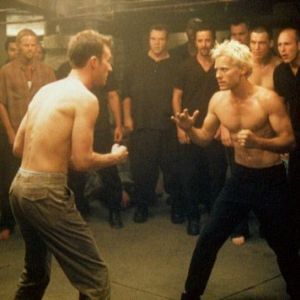
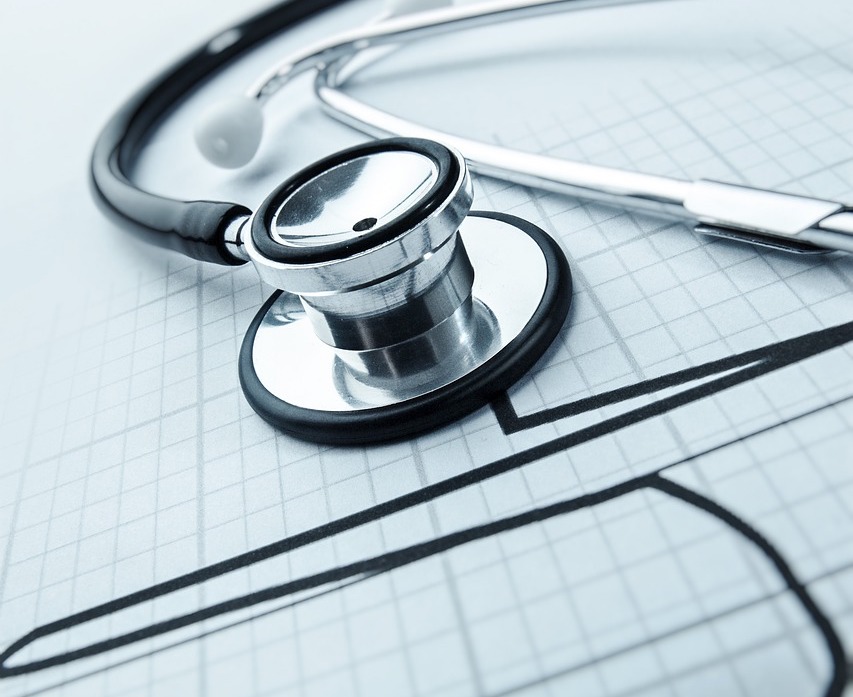
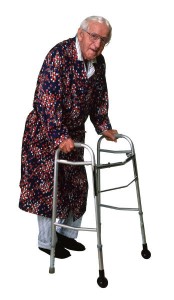 Free Testosterone: 46.2
Free Testosterone: 46.2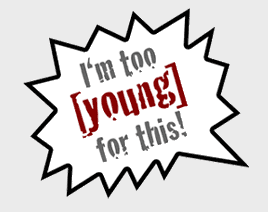

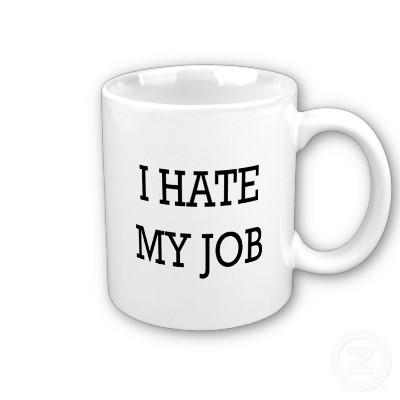
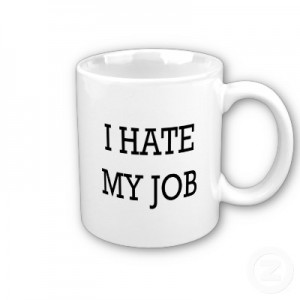
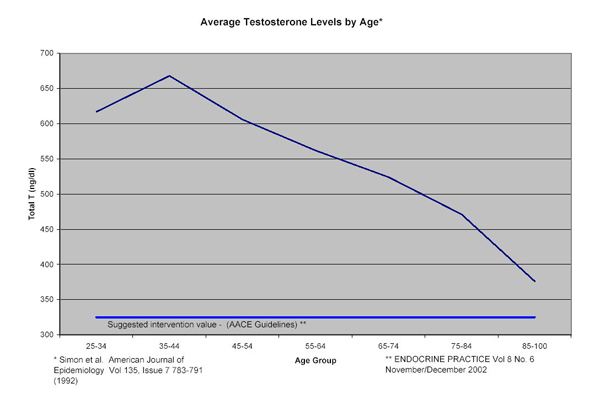
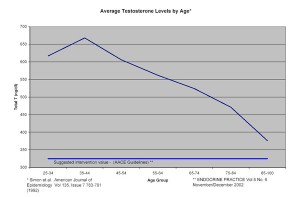
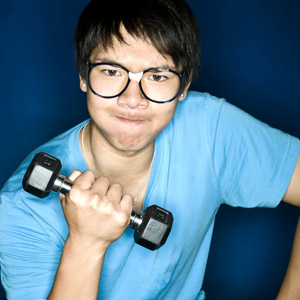

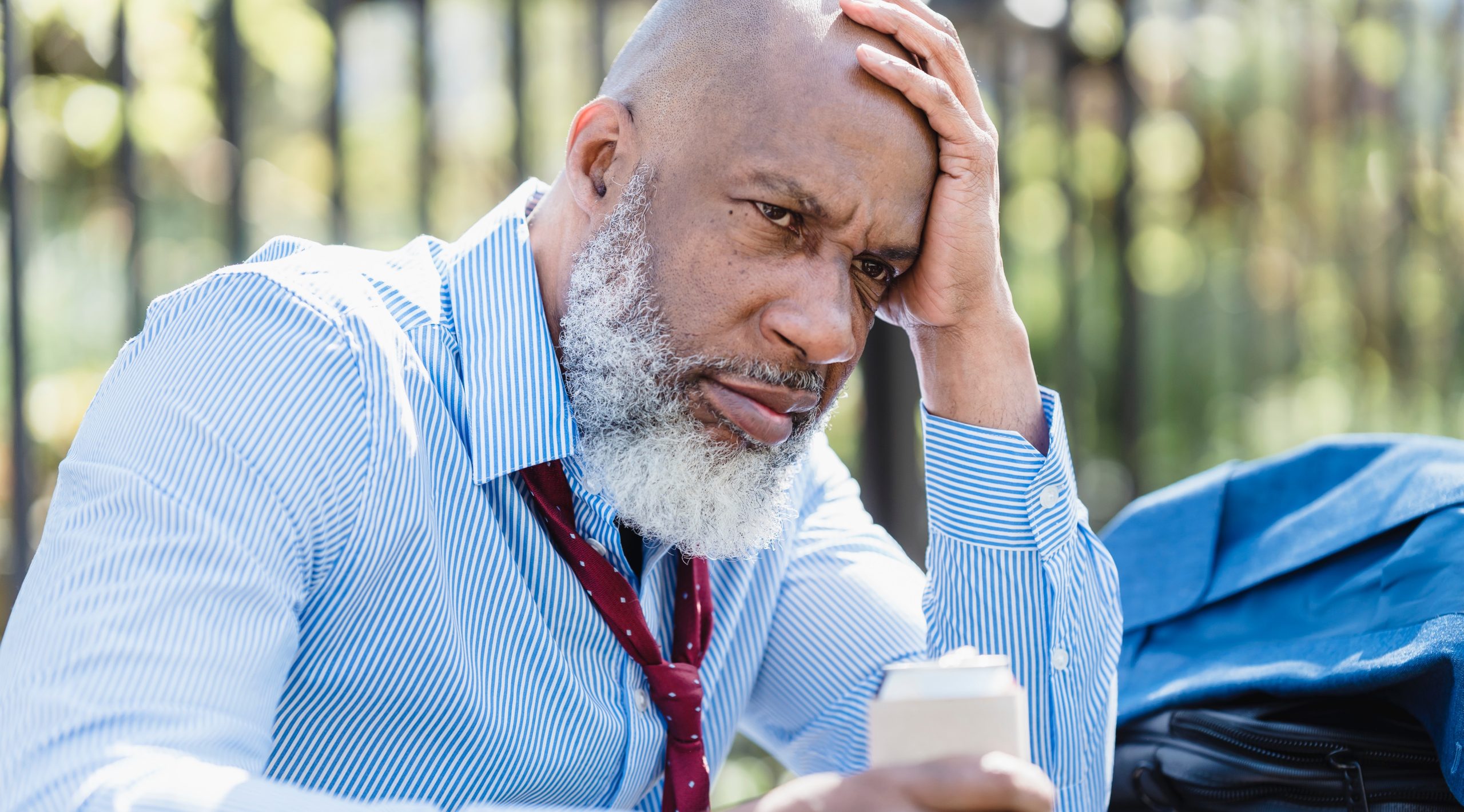
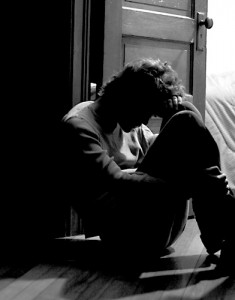
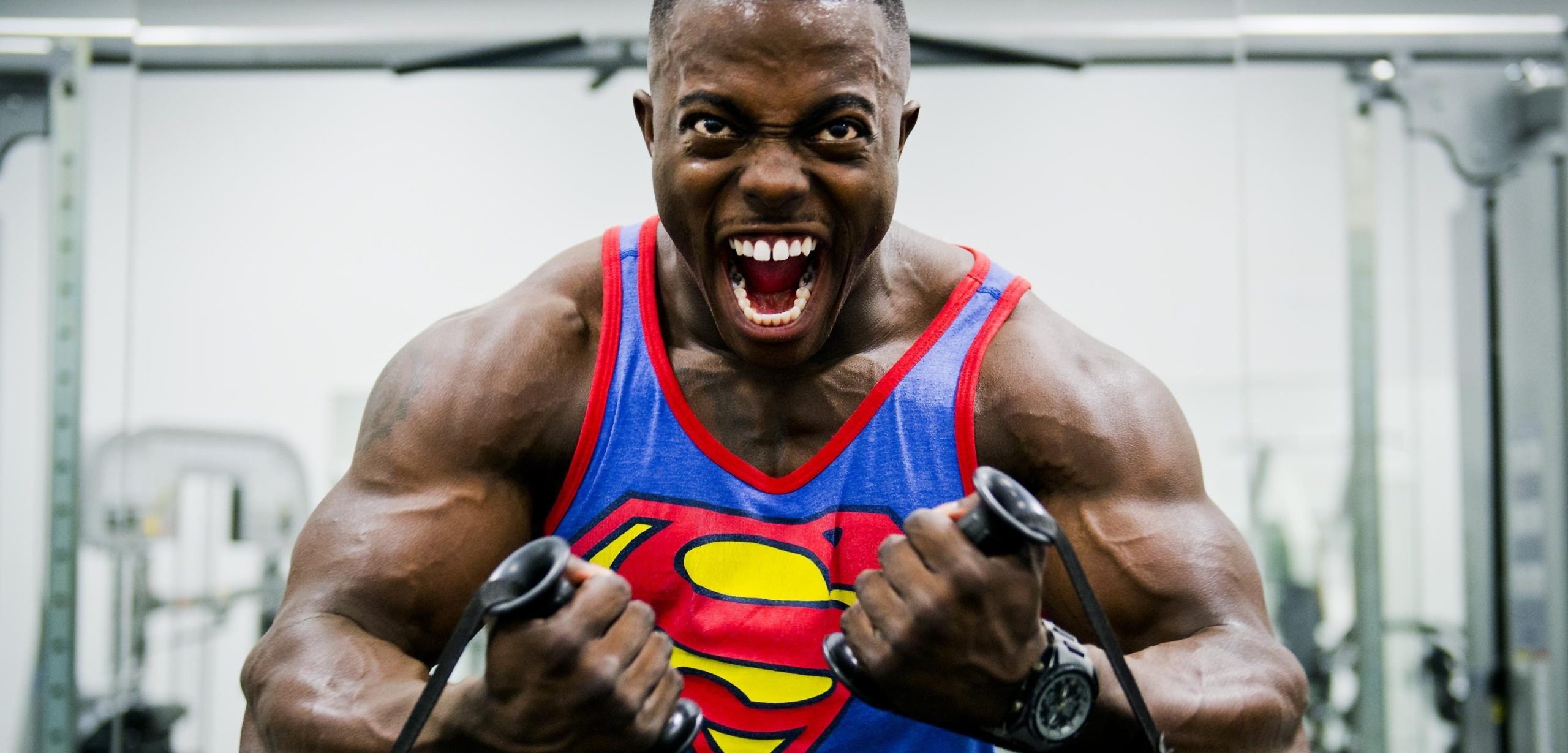
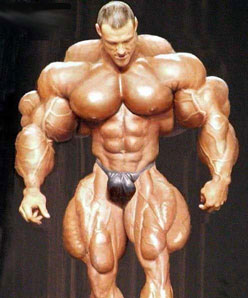
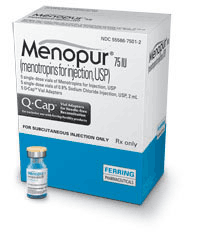
 As I posted before, I have secondary hypogonadism. Read
As I posted before, I have secondary hypogonadism. Read